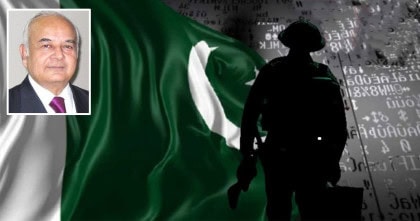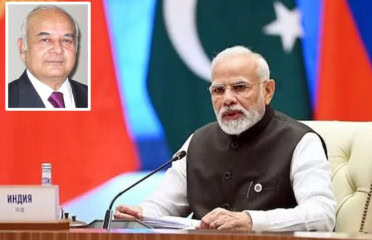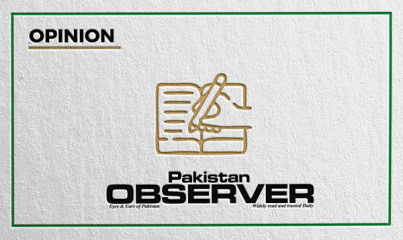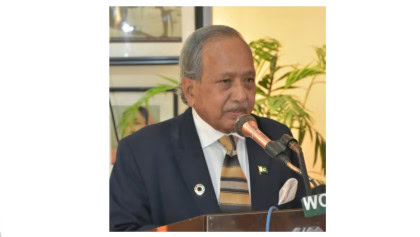By: Durdana Najam
Once an occasional indulgence for the elite, coffee has gradually woven itself into the fabric of daily life. No longer just a morning pick-me-up, it has become a symbol of productivity, intellectual engagement, and modern living. University students sip coffee as they prepare for exams, professionals rely on it to fuel long hours, and the country’s growing café culture has turned it into a thriving social experience. Coffee shops are now not just places to grab a quick drink but hubs of networking, work, and creativity.
Yet, despite its rise in popularity, coffee remains financially out of reach for the average consumer in Pakistan, not because of supply limitations but because of unjustifiable taxation policies. The imposition of exorbitant duties on coffee imports—finished products now bear 42% to 53% duties, while bulk raw instant coffee faces an excessive 28% import duty, including 15% regulatory duty (RD) and 2% additional customs duty (ACD) – discourages a wider market participation due to unnecessary price hike.
In stark contrast, tea, Pakistan’s traditional staple, is taxed at only 13%, exposing a clear imbalance in tariff policies.
While tea has long been considered Pakistan’s national beverage, coffee has carved out a unique space—becoming synonymous with long study sessions, corporate meetings, and artistic inspiration. As coffee continues to shape lifestyles, it should be treated as more than just an imported luxury.
Policymakers often justify high import duties as a means of generating revenue, arguing that it discourages excessive imports and protects local industries. However, in the case of many products, these policies have the opposite effect. Rather than encouraging domestic production, they stifle growth, preventing businesses from expanding and discouraging new entrants into the market.
Heavy taxation forces companies to either raise prices, cut investments, or exit the market entirely, limiting choices for consumers and making Pakistan increasingly reliant on informal or smuggled imports. When legal imports become unaffordable, black-market trading rises, ultimately reducing government revenue rather than increasing it. High tariffs do not lead to industrial self-sufficiency—they suppress innovation and market expansion.
In neighbouring countries, governments have supported coffee industry growth by reducing tariffs and encouraging local investment. In Vietnam, for instance, the coffee sector has flourished thanks to low taxation policies and government-backed incentives, allowing it to become one of the largest coffee exporters in the world.
The excessive taxation imposed on coffee is not an isolated issue—it reflects a broader pattern within Pakistan’s economic framework. The country relies heavily on indirect taxes, disproportionately affecting middle- and lower-income consumers. The increase in General Sales Tax (GST) from 17% to 18% in 2025 has further strained household budgets, making everyday goods more expensive. Inflation, already driven by fluctuating energy prices and inconsistent fiscal policies, worsens when essential consumer goods are unnecessarily taxed.
Policymakers often view taxation as an easy solution to financial shortfalls, yet they fail to recognize that excessive levies suppress overall market participation. Rather than imposing barriers on imports, the government should focus on strategic tax reforms that balance revenue generation with consumer accessibility.
Pakistan’s coffee market, though still developing, has seen steady growth in recent years, driven by changing consumer preferences and the rise of café culture. According to Statista, a German based global data and business intelligence platform, the total revenue from coffee sales in Pakistan is projected to reach $29.26 million in 2025, with $11.78 million generated from at-home consumption and $17.48 million from out-of-home sales, including cafés and restaurants. The market is expected to grow annually by 7.2% (CAGR 2025-2029), reflecting increasing demand for both instant and specialty coffee.
Despite this growth, high import duties continue to hinder expansion, making coffee more expensive compared to tea and limiting accessibility for the broader population. If taxation policies were revised, Pakistan’s coffee sector could experience even greater investment and market penetration
Affordable coffee would not just benefit consumers—it would create opportunities for local entrepreneurs to invest in coffee retail, manufacturing, and exports, unlocking new revenue streams for the country. Reducing RD, and ACD on instant coffee imports is more than a matter of affordability—it is a necessary step toward building an inclusive, thriving market.
If the government truly seeks economic stability, it must abandon excessive levies and focus on long-term growth strategies that encourage industry development.
Treating coffee as a luxury commodity reflects outdated economic thinking, and unless these policies are revised, coffee will remain restricted to an elite class rather than becoming a widely available staple.
Coffee is more than just a drink—it is a cultural and economic force that deserves to be accessible to all.
















